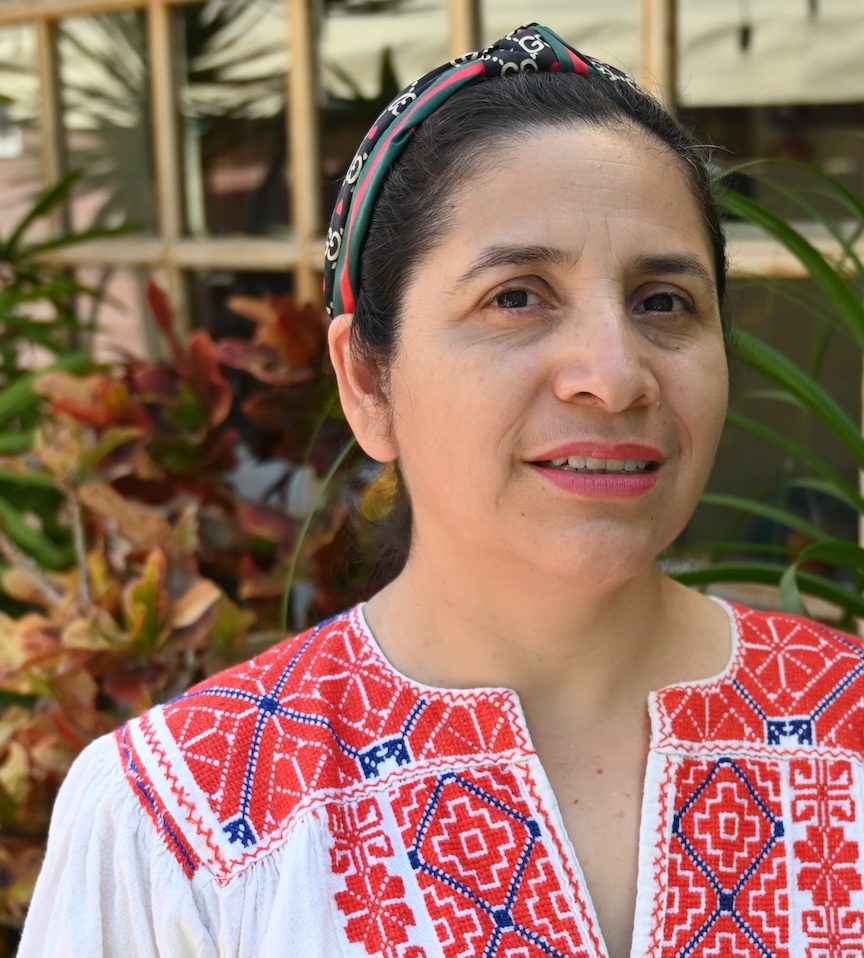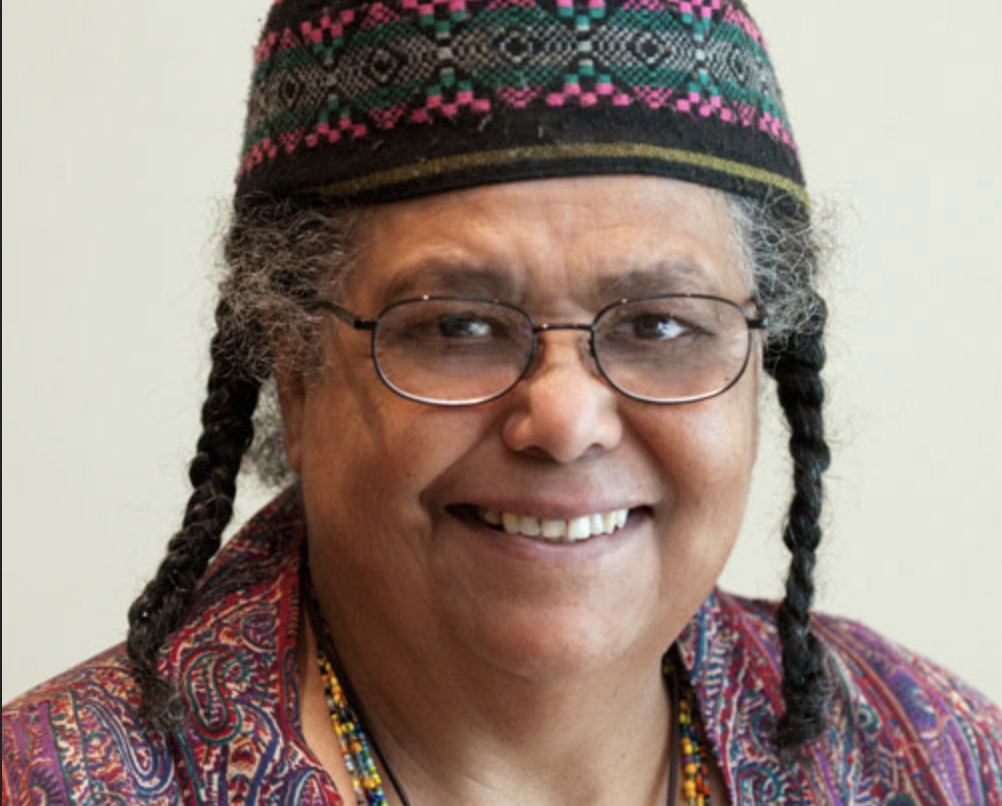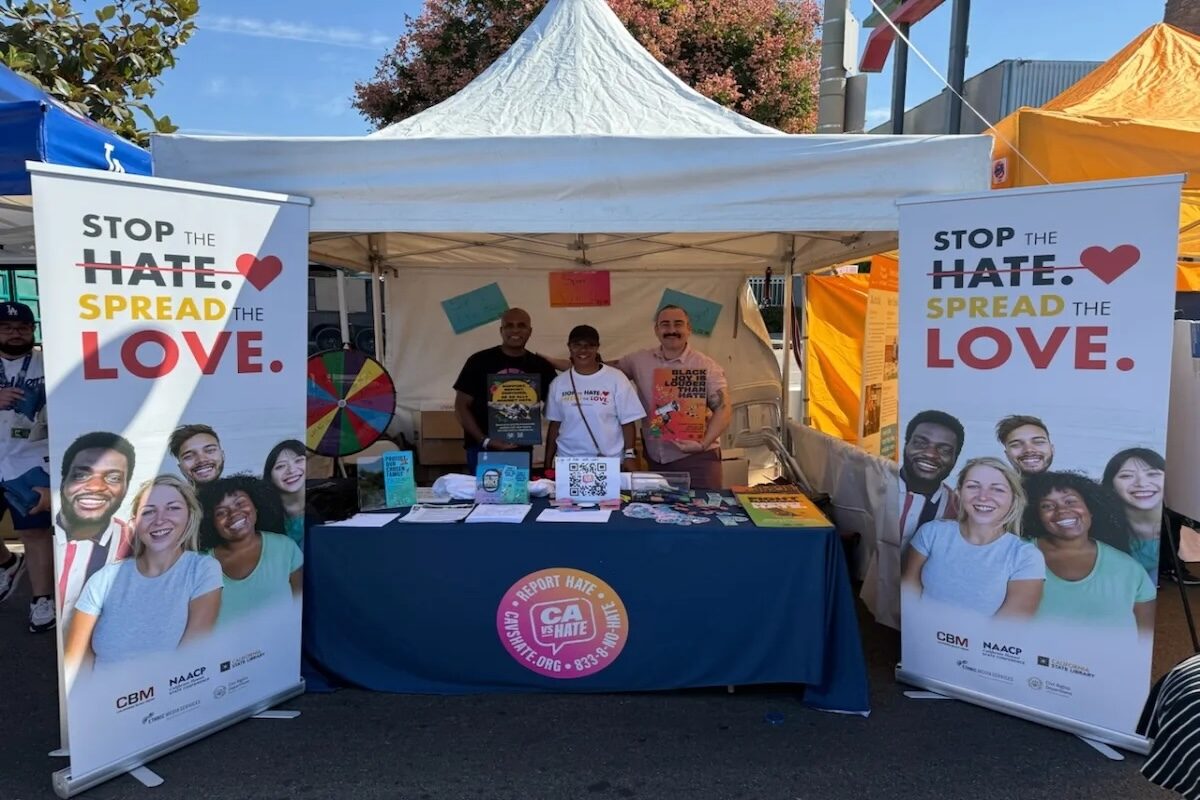As hate crimes reach their highest curve in recent years, California ethnic media face an end to critical state funding.
Media representatives learned that the Stop The Hate (STH) program, administered by the state Department of Social Services, would not be renewed for the 2025 fiscal year, even as a new incoming federal administration promotes a heightened rhetoric of hatred against American minorities.
Between 2019 and 2022 alone, reported hate-motivated crimes more than doubled in California from 1,015 to 2,120.
Julian Do, co-director of the newswire Ethnic Media Services, confirmed that STH funds will end in December this year; in the last two years, the program delivered over $14 million to at least 62 ethnic media outlets statewide to cover and combat this hate in their communities.
‘The fear will be great’

“We are in a situation with more urgency than ever,” said Mireya Olivera, director and founder of the weekly newspaper Impulso, mainly serving the Oaxacan community in downtown and west Los Angeles, and other indigenous-speaking Zapotec and Mixtec communities.
“With Trump’s arrival in the White House, things are going to get worse for all ethnic communities. Funds are of the utmost importance so that we can keep the community informed if they are victims of this type of crime,” she continued. “To make sure the community is informed and not afraid to report a hate crime, more human resources are needed.”
Thanks to this year’s STH grant, her newspaper was able to report hate crimes every time they heard of one; held multiple on-site hate crime prevention workshops where she invited her community to talk with experts on the subject; and participated in other education events with local nonprofit community organizations.
Olivera said that what worries her the most is that if people don’t see the media covering hate crimes, the new presidential administration rhetoric of mass deportation will encourage people to remain silent: “The fear will be great and we will not find out about many cases if people no longer report the crimes.”
‘Our situation is urgent’
Fatmeh Bhakit, editor of Al Enteshar Newspaper serving the Arab and Muslim community in Southern California, said “It makes no sense to get support for one year to get people involved to know what to do in case of a hate crime, and suddenly not to continue. People will be surprised to see that we cover this issue much less than before. They will be more afraid, while the hate continues.”

The Los Angeles County Human Relations Commission data shows that from 2022 to 2023 there was a 45% increase in reported hate crimes — the highest since the county began recording them in 1980.
Crimes against Arabs and Muslims totaled 64 — the highest number ever recorded for this group.
With state support, she wrote articles covering local hate crimes for Al Enteshar; created 18 newsletters on the topic; and held community events in San Diego, Orange and Los Angeles Counties encouraging local community members to report this rising hate.
Bhakit said many Arab and Muslim Americans are not inclined to report hate crimes at all, because they do not trust the authorities or the police. Since large and local mainstream media don’t consistently cover the Middle Eastern community, without her media reporting on this issue, their fears would only increase.
“Our situation is urgent,” she explained. “Our community has been persecuted since the September 11 attacks, then Trump came along, then the war in Gaza, and now the president who already imposed a ban on the entry of the Muslim community in 2016 is back again.”
“This community — especially women who wear a hijab — suffers harassment in schools, in the workplace, and on the street,” Bakhit added. “Ethnic media is already suffering from low advertising funds, and if we add state funding, the situation does not look good next year.”
‘We have to keep fighting’

One of the groups that suffered the highest percentage of 2023 hate crimes, according to the Los Angeles County report, was the African-American community, which ended with 320 attacks — a 49% increase compared to the previous year, and the highest in the group’s recorded history.
Brian Townsend, director of the Precinct Reporter, a newspaper that has served the local African-American community since 1965, said he was not surprised by these high numbers.
“That has always been the case,” said Townsend. “There are so many groups under attack now, but of all of them, African-Americans have always had the worst numbers. And on top of that, now they want to eliminate the funds that keep us fighting hate.”
An October 2024 Gallup survey revealed that only 3 out of 10 Americans support mass media.
“We publish the stories that interest our community. They know us and trust us. They see us as their defenders. We have been publishing for almost 60 years with integrity, contrary to corporate media, which come and go. They are not part of the community.”
Townsend added that difficult times are coming, “but we have to keep fighting.”
‘You can hate me, but do not hurt me’
Rose Davis, executive director of indigeneusnetwork.org and indianvoices.net, said her own project to counteract hate began very organically: She began researching her heritage, used the information in a newsletter she created, and “eventually it became a community. We have nurtured it and made it grow ever since.”

Thanks to STH funds, Davis’ work and community grew.
Currently, in addition to distributing 4,000 newsletters monthly, she has two websites — one more academic, indianvoices.net; and the other more news-oriented, indigeneusnetwork.org, by which she keeps her community up to date.
“Wishing to eliminate hatred completely is wishful thinking,” she explained. “Some people are going to hate each other no matter what happens. The important thing is to raise awareness in people so that they do not use violence. You can hate me, but do not hurt me.”
“Stop the Hate is critical to this work because it lets us focus our attention on educating the people,” she added.
‘Harder than ever to get people to listen’
Randall Yip, publisher and editor of Bay Area-based statewide outlet AsAmNews, said “When you ask members of the Asian community why they come to our website, one of the top reasons is to find out what is happening with hate crimes,” explained Randall. “It’s something that they find very determining in their lives — especially since 2020, and now again with Trump’s rhetoric against China.”

If funding is withdrawn for ethnic media, the community’s ability to protect itself “will suffer,” he continued. “Without trusted publications reminding people of the importance of reporting hate crimes and showing them where to report them, people will not do it. They are very afraid, either because they don’t have documents, or because they don’t trust the authorities … That makes it very difficult.”
In the Los Angeles County report, hate crimes against the Asian community increased by 31% from 2022 to 2023 — the second-highest number in the group’s history.
Yip said the perception that immigrants are stealing from this country was a major contributor to anti-Asian hate. State funding allowed AsAmNews to fight this view through coverage engaging audiences that held it, and changing their misperceptions about the Asian community.
“Crime is not the result of migration, it is poverty, social problems, and sometimes mental problems, but it has nothing to do with immigration,” he added. “Study after study publishes that immigrants are good contributors to society; they pay more money to the federal government than they receive, but it seems that no one listens. Now with these funding cuts, it’ll be harder than ever to get people to listen.”




